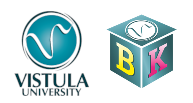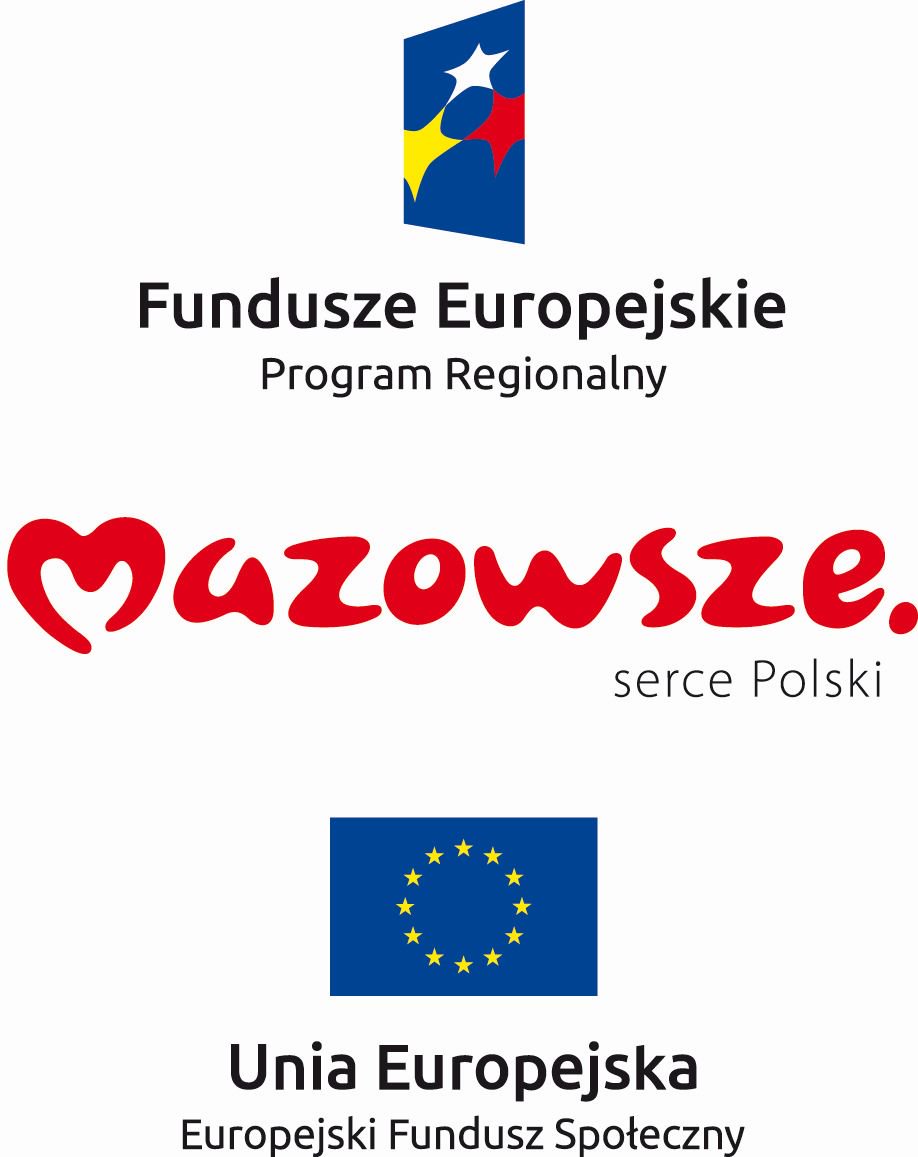University vs. Labor Market Demands – How to Find the Right Balance
University education focuses on delivering extensive theoretical knowledge and developing critical thinking, complex problem analysis, and independent judgment. Academic programs are designed to provide in-depth understanding of a specific field, which is a major advantage in many professional areas. However, employers also pay attention to specific skills that a candidate can apply in practice. This sometimes leads to a gap between the graduate's profile and labor market expectations.
University classes are usually conducted in large groups and have a general character, as they must be tailored to varying levels of knowledge and competencies among students. While they provide solid theoretical foundations, they do not always cover the practical or technical issues essential for specific job positions. As a result, a graduate may have good theoretical preparation but lack fluency in using modern software, devices, or industry-specific technologies. Therefore, thoughtful career planning should include activities that complement academic knowledge with hands-on experience—through internships, projects, trainings, or other forms of learning aligned with employer needs.
What Are Vocational Qualification Courses?
Vocational qualification courses (KKZ) are a form of non-school education for adults and are part of the national education system. They allow individuals to acquire new or expand existing competencies in a specific profession, and in a much shorter time than traditional education in a vocational school or technical college. Each course focuses on one of the qualifications defined for a given profession and is based on the official core curriculum.
Example: The IT technician profession includes two qualifications. A participant may choose to focus on one, e.g., managing computer systems, peripheral devices, and local networks. After completing the course—which combines theory with practice—an external exam is organized by the Central Examination Board. Passing the exam results in receiving an official certificate confirming vocational qualifications. This certificate has the same legal value as one obtained through formal education and is recognized by employers. Additionally, participants can gradually work toward the title of technician—each passed qualification brings them closer, and upon passing all required exams, they can apply for a diploma.
3 Reasons Why Vocational Courses Are the Perfect Supplement to University Education
Choosing additional training during university can radically change future career prospects. While it requires better time management and more commitment, combining academic education with vocational training yields benefits that often prove to be very valuable.
Practical Enhancement of University Knowledge
The main advantage of vocational courses is their focus on practical aspects. While university studies shape thinking and broaden theoretical foundations, these courses focus on specific skills useful in everyday work. Classes in smaller groups allow for active participation, easier communication with instructors, and immediate feedback. Participants can ask questions freely, clarify doubts on the spot, and adjust the learning pace to their needs.
The variety of vocational qualification courses allows almost every student to find training that enriches their academic education with practical skills. Courses cover numerous fields—from construction, IT, services, and administration to artistic areas. A technical student can gain additional programming skills, a marketing student can learn to build websites, and an art history student can try their hand at conservation of monuments.
It should be emphasized that these courses do not replace university education but help apply acquired knowledge in practice. A journalism student who chooses the course "Audio Recording Production" (AUD.09) will learn the technical basics of radio work, master audio equipment operation, sound editing, and content preparation for broadcast. Such skills are highly valued in radio, podcast, and TV editorial offices and allow students to actively participate in content production even during internships. The wide selection of courses enables flexible alignment of additional education with individual goals and interests.
First Steps into the Job Market
Many students treat paid work as a part of everyday life—some out of financial necessity, others to gain experience. A vocational course can facilitate an earlier entry into the job market, even part-time, in a field aligned with the student’s major or interests. For example, an IT student passionate about photography can start offering commercial services after gaining qualifications, building a portfolio and learning client collaboration.
Similarly, someone can gain professional experience related to their field of study even before obtaining full qualifications. A nursing student who is not yet eligible to work as a qualified nurse may, after completing a course for a disability assistant or elderly caregiver, be employed as support staff in social care homes, hospices, or individual care. This provides direct contact with patients and practical preparation for future responsibilities. A pedagogy student, who is not yet qualified to work in a school, may after completing a childcare assistant course, legally work in a daycare or with private families, gaining valuable experience in child care and education.
Unusual Skill Combinations
Today’s labor market increasingly values people who combine knowledge from various fields. Interdisciplinarity is becoming a key advantage—especially when academic education is supplemented with competencies gained through vocational courses. A history student who completes training in website and database management (INF.03) may find employment in cultural institutions, digital archives, or digital humanities projects. A graduate of Polish philology, who also holds qualifications in advertising communication (PGF.04), can work in creative agencies, marketing departments, or online editorial offices.
Such combinations make graduates stand out from others in the same field. Employers see such candidates as open to new challenges, independent, and consciously managing their professional development. Instead of limiting themselves to one discipline, students build bridges between different areas and become specialists capable of adapting to market demands.
How to Choose the Right Vocational Course While Studying
● Clarify your motivation – Are you strengthening competencies for your future profession, or expanding into unrelated areas?
● Check the institution’s credentials – Make sure the training provider has official authorization to run vocational qualification courses and issue certificates. Look for reviews from former participants.
● Explore financial aid options – See if the course can be subsidized by government, regional, or EU funds. Many are free or partially funded.
● Match the course format to your schedule – Additional training means extra responsibilities, so assess whether you can handle the workload. Weekend or online formats often offer more flexibility.
KKZ – An Investment in Your Career
An increasing number of students are deliberately combining university studies with vocational qualification courses. These programs do not replace academic education but enhance it with practical application. They offer early experience, the development of skills valued by employers, and greater career flexibility.
Students who combine academic learning with additional training show initiative, independence, and openness to new opportunities. Recruiters increasingly view such individuals as candidates who plan ahead, are capable of learning, and are actively building their career path. This approach can greatly facilitate entering the job market and adapting to ever-changing professional demands.
Sources:
● Cosinus
● Nearly Two-Thirds of Employers Use Skills-based Hiring Practices for New Entry-level Hires – NACE
● List of professions and qualifications – Regional Examination Board in Jaworzno
● Model programs for vocational qualification courses – Centre for Education Development
Article prepared in cooperation with a service partner
Author: Joanna Ważny


 English
English



